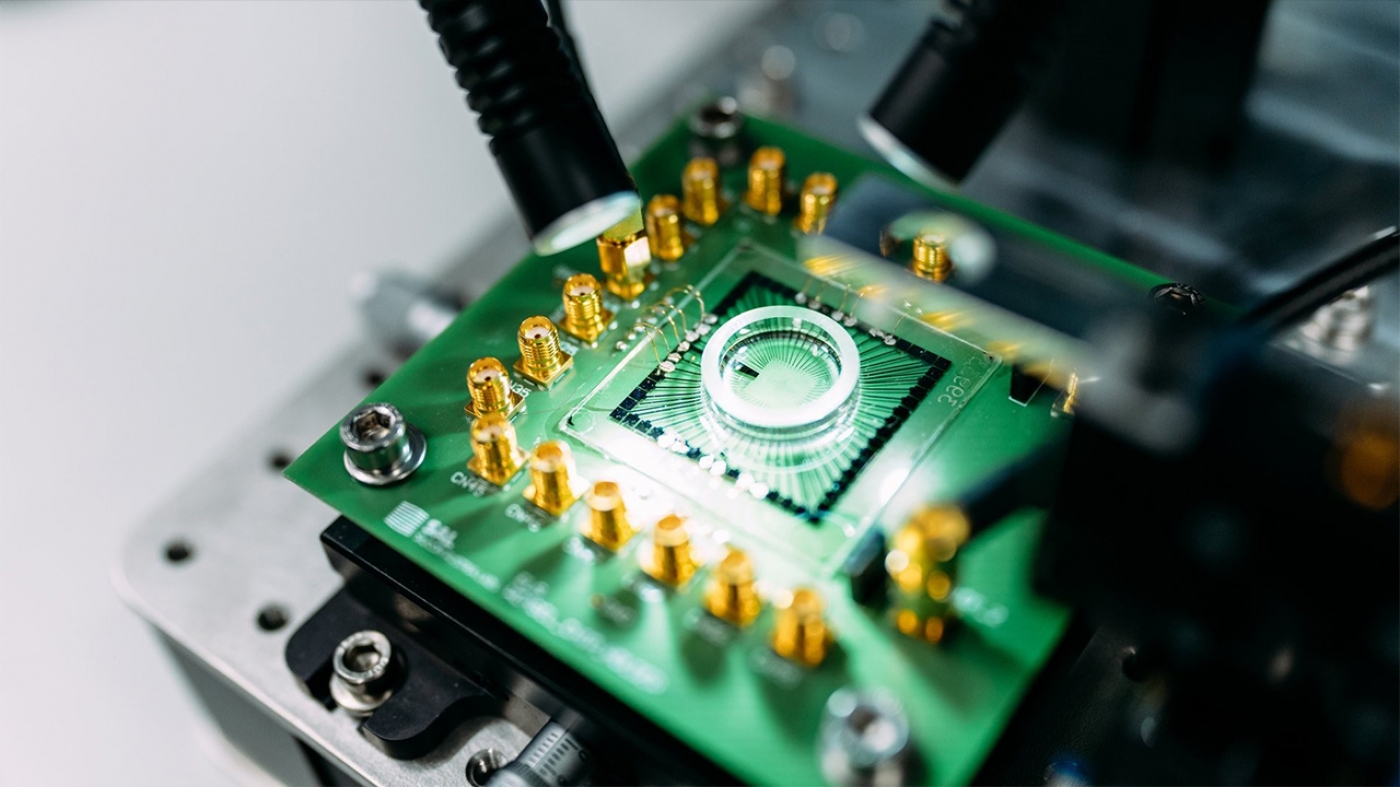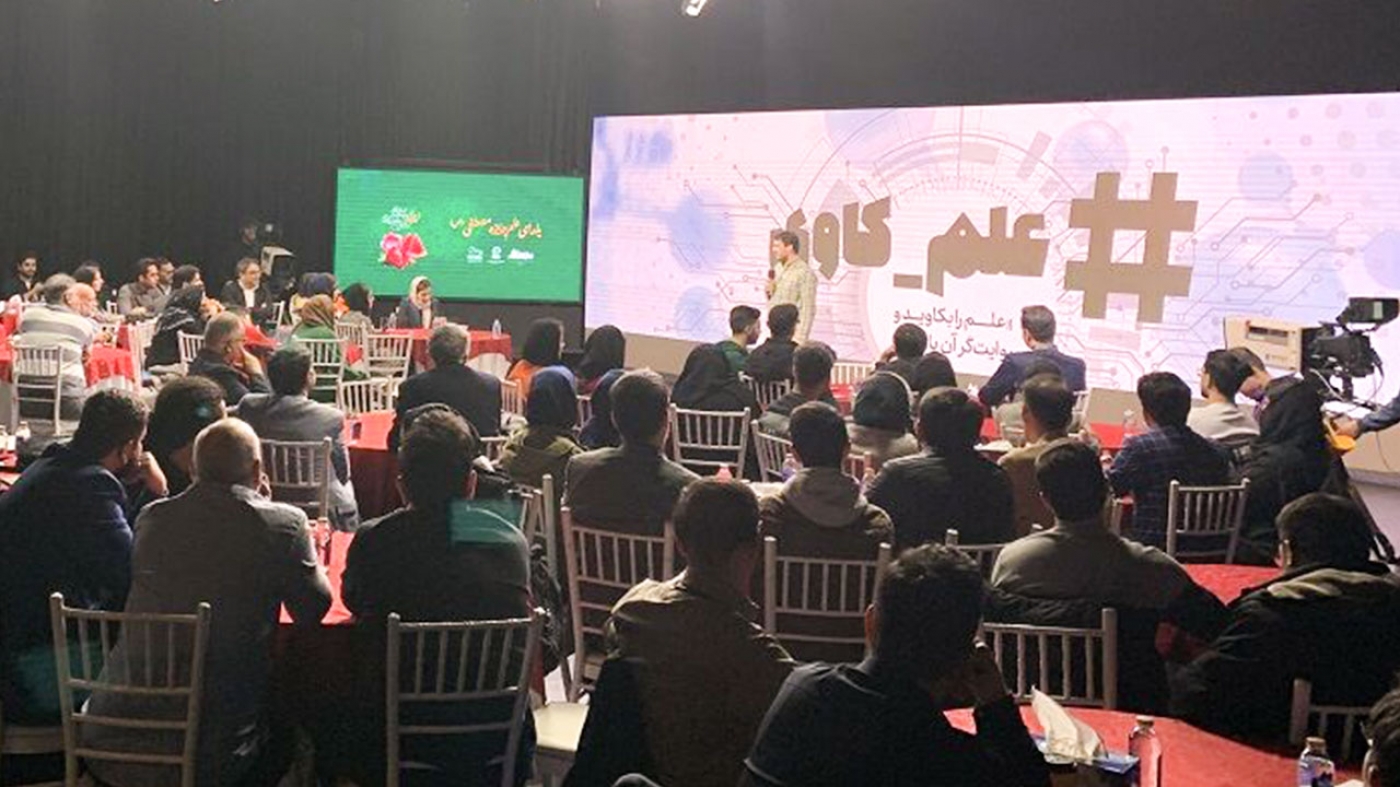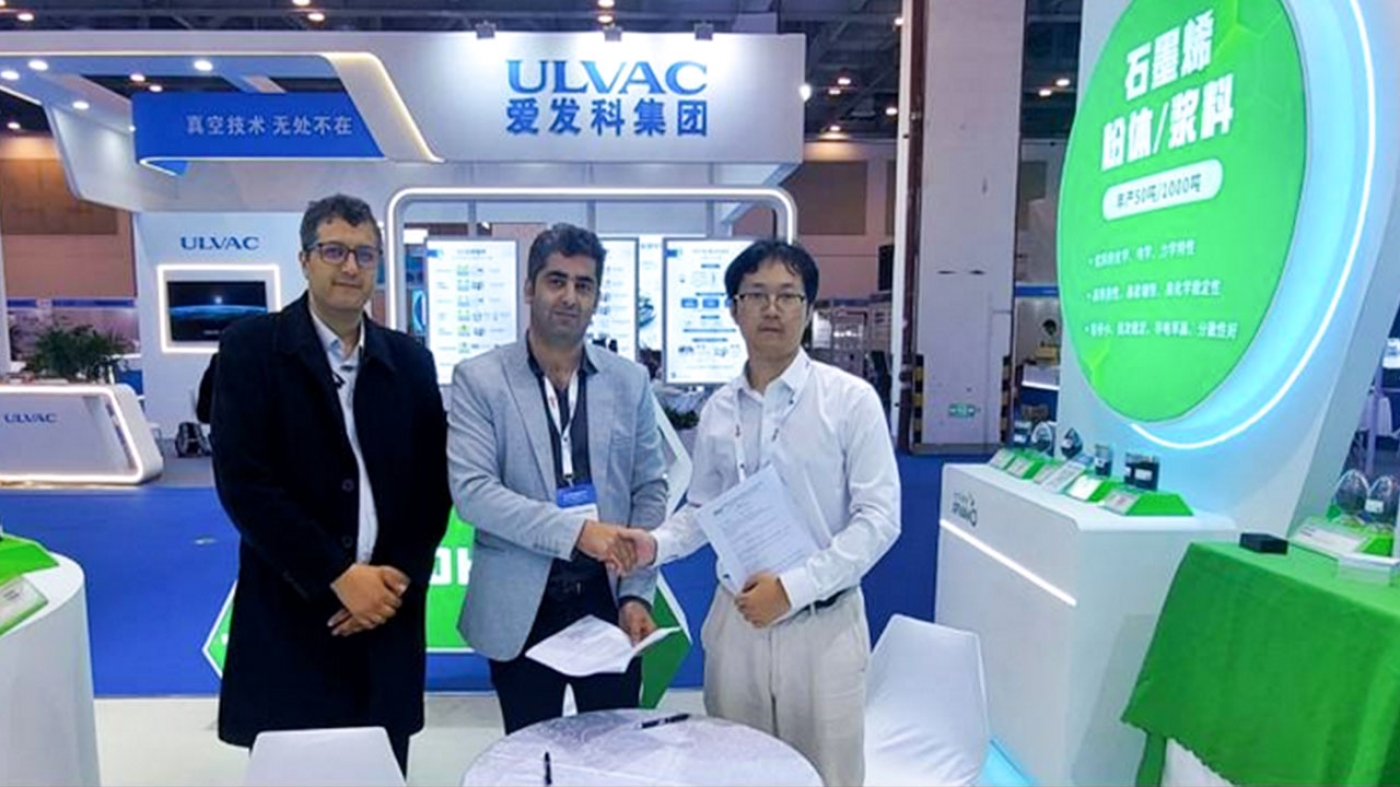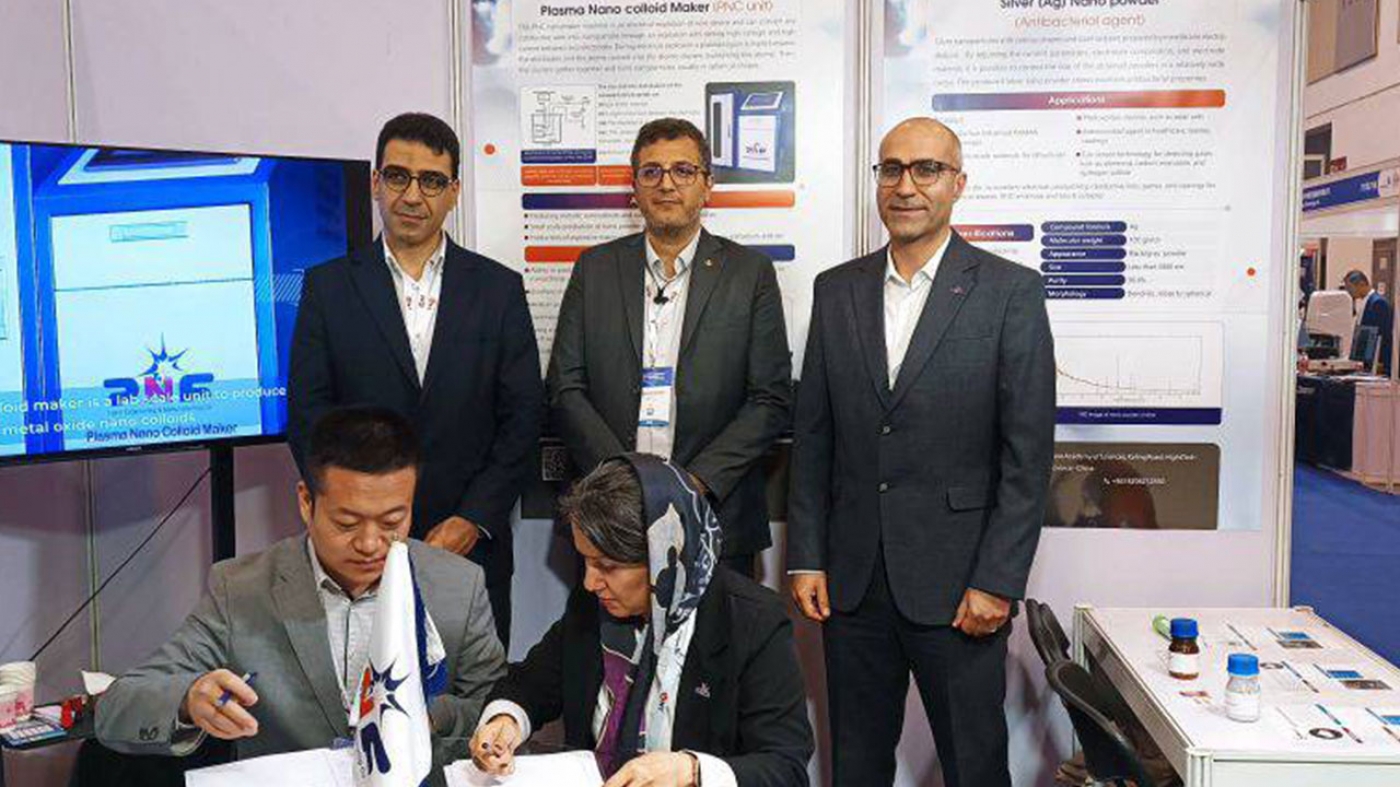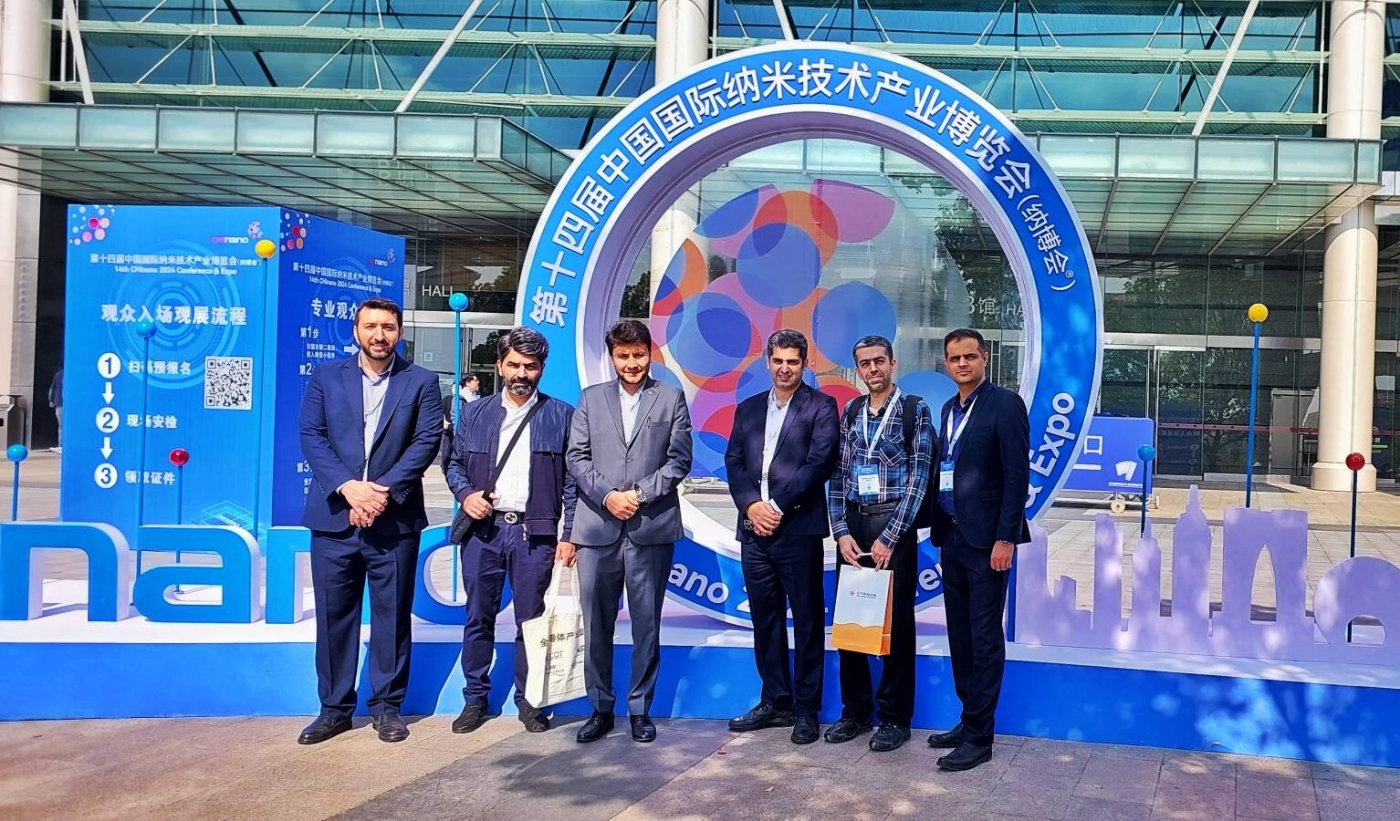On the visit to the Japan Nanotech Exhibition, the Iranian delegation highlighted fascinating observations. Notably, the rise of artificial intelligence in nanotechnology equipment and introduction of quantum devices at this exhibition.
The Japan Nanotech Exhibition 2024, the world's largest specialized technology exhibition in the field of nanotechnology, has been of great importance for fostering technological interactions among Iranian companies and monitoring the latest nano advancements. Consequently, a delegation comprising Iranian nano companies and a few experts in the nanotechnology field was dispatched to Japan to observe the latest nano achievements showcased at this exhibition, which took place in February of the current year.
Reports from the Japan Nanotech Exhibition 2024 indicate that the production of carbon-based nanostructures is still in the developmental stage, with ongoing efforts to achieve industrial-scale production of these materials.
Using artificial intelligence in equipment production is no longer a fantasy; it's the future. Imagine a world where analytical tools are as intuitive as your smartphone. But that's just the tip of the iceberg. A special focus is now on revolutionizing cellulose-based products, from nano-fibers to nano-crystals. What is their mission? To lighten, strengthen, and revolutionize energy efficiency. With products showing advanced technology, we're witnessing the dawn of a new era of innovation.
Electronic printing and ink-based products took center stage at the exhibition, showcasing a range of cutting-edge innovations. While many of these products are currently in their early stages of development, the momentum of supply trends and ambitious plans presented suggest a bright future ahead. Anticipation is high for substantial growth in this dynamic field.
The topic of carbon footprint and carbon dioxide absorption methods was another focal point at the exhibition, with the showcased products reflecting a modest level of technological maturity. Additionally, quantum technology emerged as another trend at this showcase.
In the realm of policy-making, the NEDO organization in Japan has allocated over $28.1 billion to technological initiatives in 2022. NEDO is considered a government innovation accelerator, dedicated to crafting programs aimed at tackling social issues and technological strategies. It creates project implementation frameworks by combining industry capabilities, academic knowledge, and governmental resources.
Private accelerators were notably absent at this exhibition. In Japan, the primary support for technological initiatives comes from government programs, particularly in sensitive areas such as new energies, quantum, etc. National programs are specifically designed for government support, indicating Japan's clear backing for them.
In Japan, industrial and technological advancement primarily stems from large companies, with limited emphasis on SMEs and startups. Innovation tends to be internally driven within these large corporations, with less focus on open innovation. While universities display promising research projects, startups, and accelerators are less visible outside of government initiatives.
